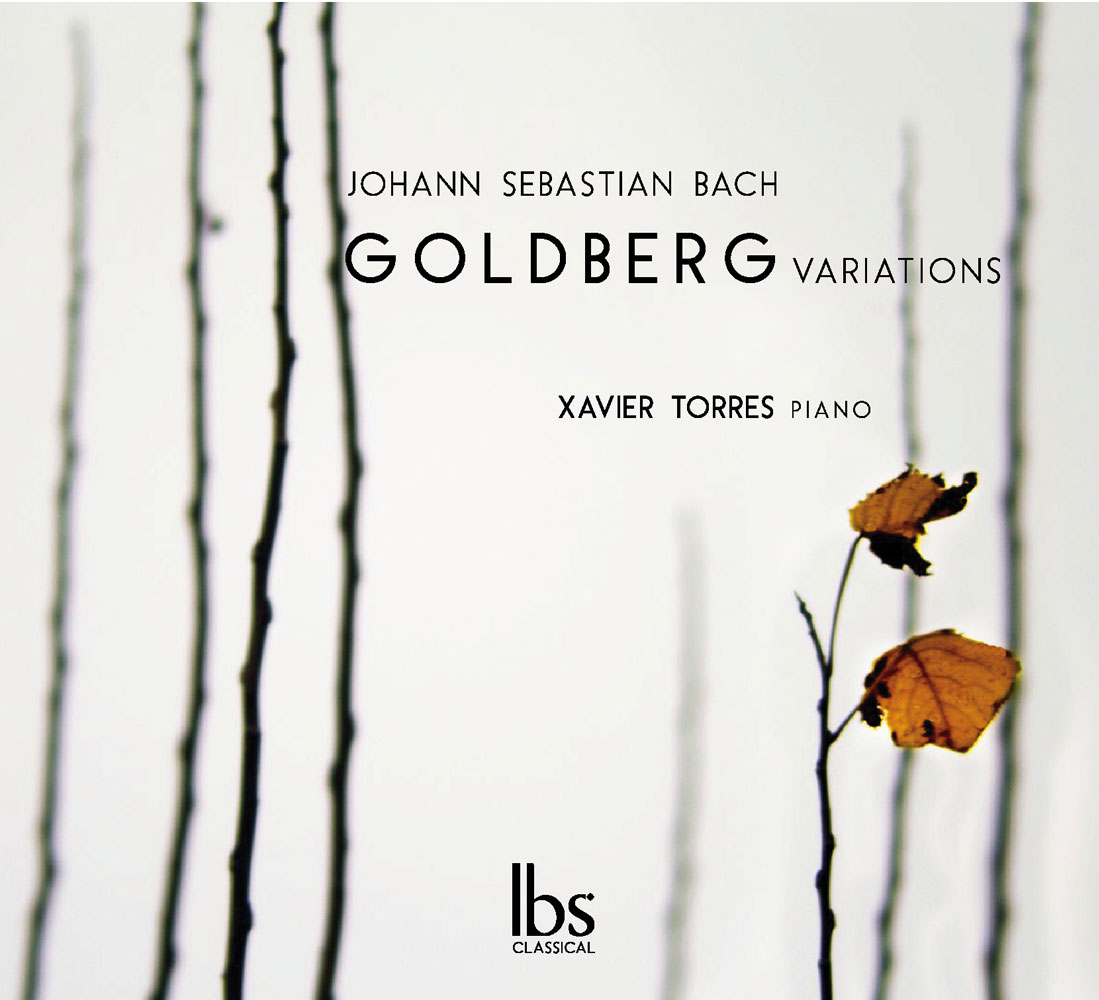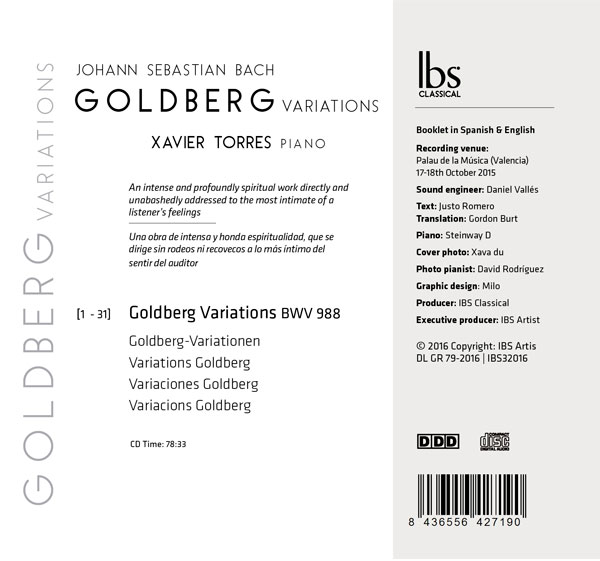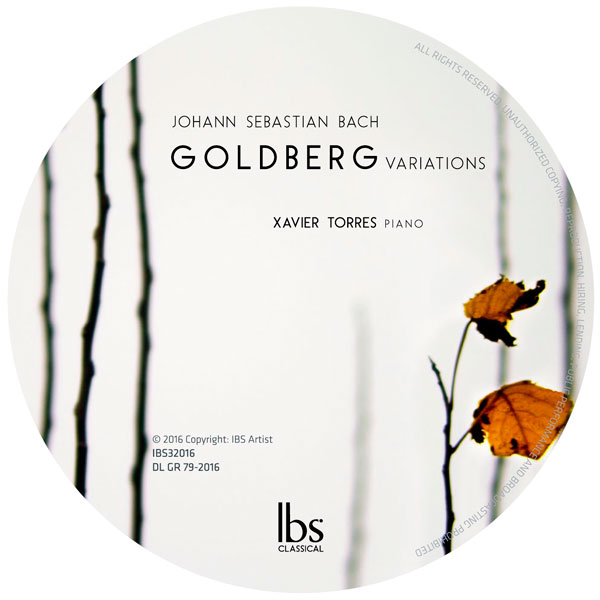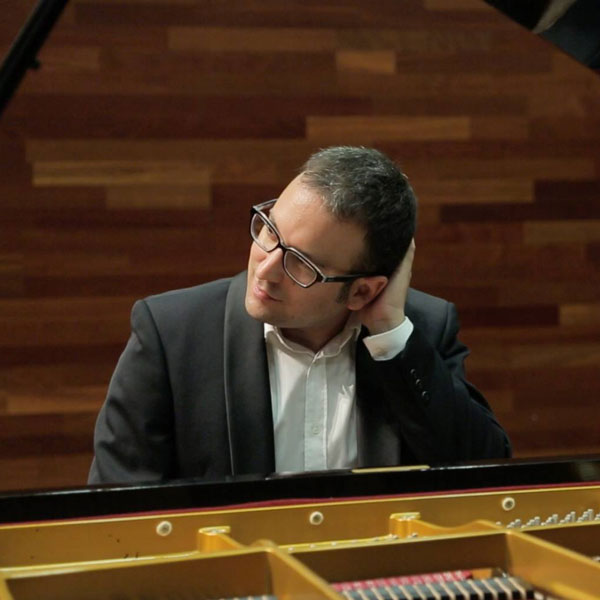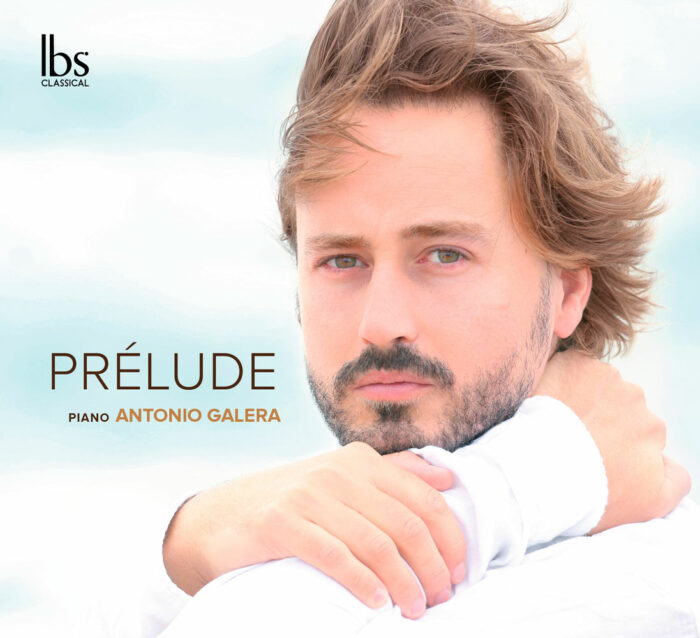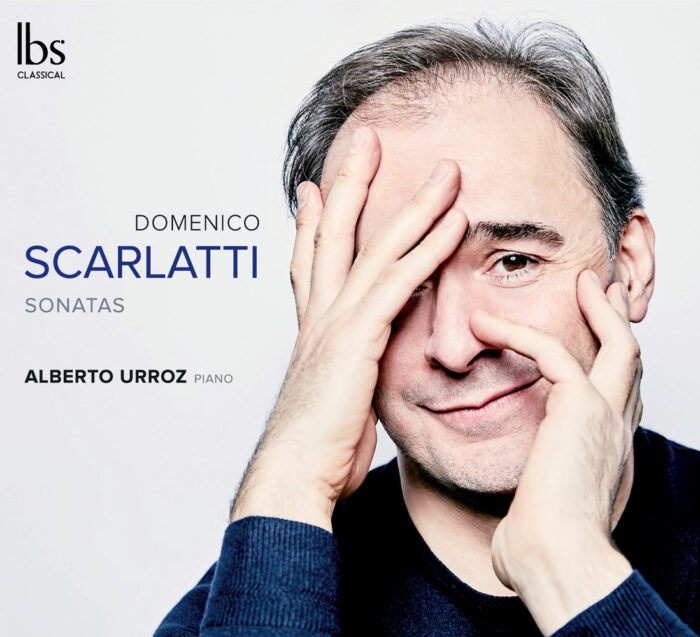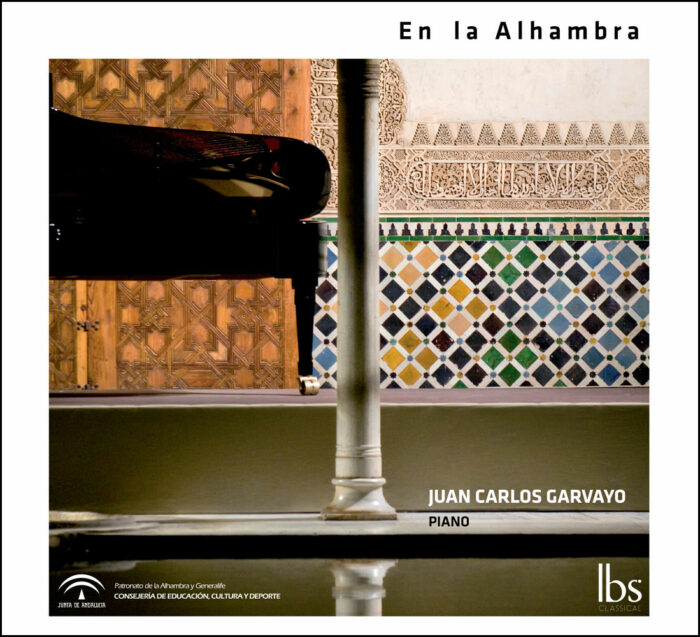About playing
The Valencian pianist Xavier Torres is one of the most recognized and prominent performers of his generation. Acclaimed by both critics and the public, he has been awarded in different national and international competitions and festivals: Iturbi International Piano Competition, Amparo Fandos, Maestro Serrano, Verneuil International Piano Festival, Ciutat de Carlet, Manuel del Águila etc. Trained under the guidance of Trini Lull, Jorge Moltó and Brenno Ambrosini, he has performed in some of the most important Spanish concert halls, as well as in different parts of France, Germany, Poland and the United States. We should underline his five performances in the Festival del Mediterrani of Valencia, chaired by the prestigious conductor Zubin Mehta. He has recorded works by Beethoven, Schubert, Liszt and Debussy for Radio Nacional de España, and has premiered Javier Costa’s piano solo work, Donde habite el olvido, in the Palau de les Arts of Valencia. Special attention also deserves his interpretation of Bach’s Goldberg Variations, which has been described by critics as unquestionable. The response to the rivers of ink spilled on this thorny matter, harpsichord or piano, may be that of instrumentalists like Glenn Gould, Pierre Hantaï, Keith Jarret, Gustav Leonhardt, Tatiana Nikoláyeva, Simone Pedroni, Trevor Pinnock, András Schiff, Grígori Sokolov or Lars Vogt. All of them, and now too Valencian Xavier Torres, have left very varied and valuable versions, irrespective of the instrument on which they were given form. Xavier Torres, artist and fine virtuoso, who has worked and matured his substantial and loving relationship with the Goldberg Variations over years before recording them, today adds his name to this select and notable team with pianism which is up to date and vigorous, while accepting and acknowledging the work’s harpsichord origins. All this is approached, developed, set out and revisited by Xavier Torres in his courageous and rigorous version, looking straight at the score, armed with his sensitive, intelligent pianism, and a virtuosic technique enabling him to give shape to a vision projecting with force his devotion, respect and love for this masterpiece, in short a version so lively and moving that it will never serve to put aristocrats or dictators, nor even field mice to sleep. (Justo Romero)
